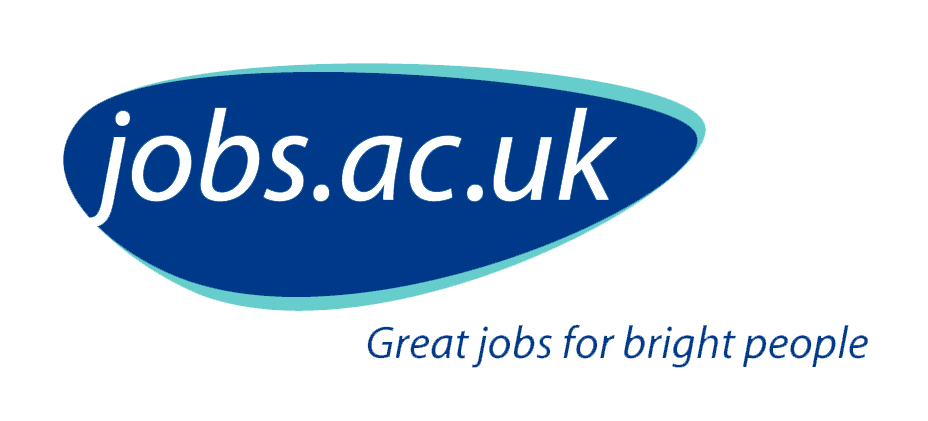[ad_1] Location: Guy's Campus Contact details: Professor Tony Ng. Tony.ng@kcl.ac.uk Job description The Comprehensive Cancer Centre (C
[ad_1]
Location: Guy’s Campus
Contact details: Professor Tony Ng. Tony.ng@kcl.ac.uk
Job description
The Comprehensive Cancer Centre (CCC) at King’s College London (KCL) is looking for a highly enthusiastic research scientist to drive collaborative research projects in the laboratory of Prof. Tony Ng, Head of the CCC.
Recent clinical trials have revealed new classes of immune-based cancer therapies (immune checkpoint inhibitors, ICI) that target key pathways of the immune and immune-interacting tumour microenvironment. Either alone or in combination with conventional therapeutics or targeted therapies, these interventions have led to unprecedented results in patients with previously untreatable advanced disease. The future development of this class of agents for the significant fraction of cancer patients who do not respond to current immune therapies demands more in depth understanding of the anti-tumoral immune response.
We have recently demonstrated several tumor-immune crosstalk at the levels of both transcriptional reprogramming and protein post-translational modifications. The latter are shown to have wide biological and therapeutic implications (succinate dehydrogenase downregulation leading to HIF up-regulation, induction of TGFb, upregulation of the DAMP molecule S100A9 in the premetastatic niche, activation of STING in macrophages and resistance to EGFR therapies etc) secondary to heterotypic cell- cell contacts made between tumor cells and macrophages (Eisenblaetter, Theranostics 7: 2392-2401, 2017; Evans, Cell Rep 27: 1967-1978, 2019; Gomez, Science Signaling 13, 2020; Vicencio, Evans et al., Cell Death Dis 13: 274, 2022; Weitsman, Oncogene 36: 3618-3628, 2017).
The postholder will be part of the GlaxoSmithKline(GSK)-KCL Translational Oncology Research Hub, an exclusive research collaboration between GSK and the CCC at KCL. This partnership aims to create a personalised strategy for patients at high risk of recurrence by monitoring for dynamic biomarkers that can predict resistance during treatment or recurrence in the post-treatment phase (guardian.com).
The team has been using patient derived organoids (PDOs) and state-of-the-art imaging techniques to study how tumour cells interact with immune cells. These will be modelled in collaboration with the GSK Artificial Intelligence Unit to distinguish between high and low risk patients; as well as to derive resistance markers for future therapies, particularly in patients who experience relapse after primary treatment in clinic.
The post holder will focus on applying deep immune profiling (including high dimensional flow cytometry and multiplexed imaging incl. imaging CyTOF (Elife 2022 Dec 23;11:e73288. doi: 10.7554/eLife.73288) and will collaborate with biophysicists in our group in deploying our pioneered fluorescence lifetime imaging microscopy (FLIM)-FRET (Ng, Science 283, 2085-2089, 1999; Barber, J Natl Cancer Inst, doi:10.1093/jnci/djz231, 2019) to study endogenous protein interactions of e.g. PD-L1, transcriptomics and exosomal ICI analysis (Cell reports 24: 630-641, 2018); to 3D tumor organoid/spheroid-immune co-cultures; to fully characterise tumor cell-immune crosstalk in situ.
The post holder will report to Prof Tony Ng (https://www.kcl.ac.uk/people/tony-ng) and is also expected to collaborate with team members regarding immunological aspects of their research.
This post will be offered on an a fixed-term contract for 3 years in the first instance.
This is a full-time post – 100% full time equivalent
[ad_2]
Source link



COMMENTS